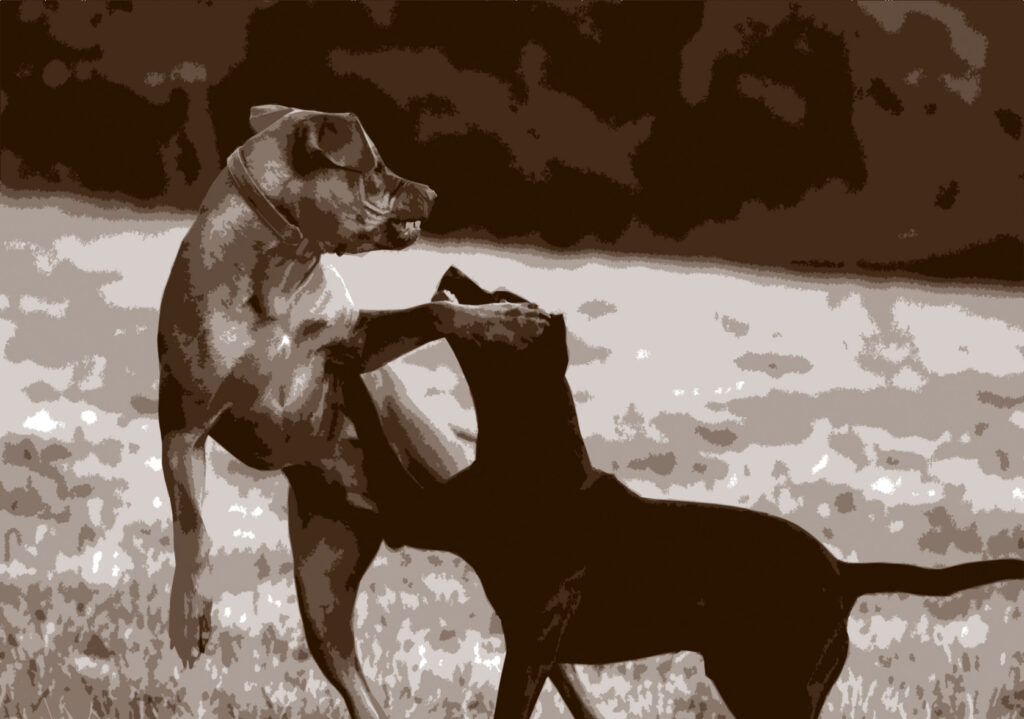
In the last issue, I shared three reasons why dogs become reactive and the Way of Life response to addressing each particular cause for reactivity. In case you missed it, these reasons included:
1) Poor drive management where dogs’ natural drives and breed-related tendencies are either under- or over-stimulated, resulting in behavioural issues.
2) Rapid integration and exposure whereby new dogs, particularly rescues, are brought into their home and immediately integrated and expected to behave.
3) Unhealthy emotional relating whereby owners overlook the link between their outward affection towards their dogs and the issues that their dogs are exhibiting.
A fourth reason for reactivity that is as critical as it is under-acknowledged is the early and intense behavioural conditioning of our dogs.
The predominance of classical and operant conditioning perspectives in dog training has led most in the industry to focus on behavioural reinforcement as the primary means of raising and training dogs, overlooking the role played by way of life more generally.
Dogs that are conditioned early and intensely can become reactive because we will have undermined their innate capacity to think. Yet dogs are supremely intelligent creatures, with complex thought patterns and strong instinctive knowledge that’s being buried under all this programming. How can dogs not rebel against this assault on their minds?
When I work with dogs who are reactive because their rich and natural capacity to problem-solve has been suppressed by excessive and early training, we return to Foundations. We back off traditional training methods and encourage the dog to think because reactivity, by definition, is a dog’s compromised thought capacity.
This can be extremely challenging at the beginning because intensely conditioned dogs have become addicted to our reinforcements. They’ve become needy, restless, and anxious because of so much reinforcement and at the same time, they cannot live without it. The shift will therefore take time, courage, and tenacity. However, restoring dogs back to their minds and to their mental health is well worth the challenge.